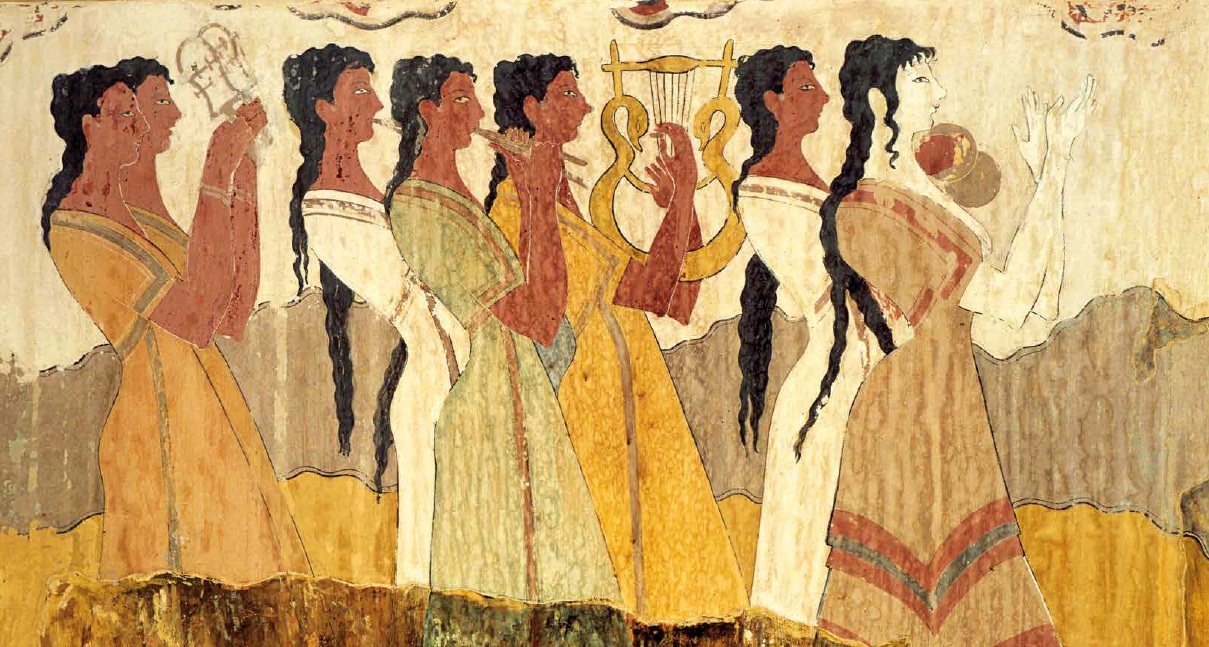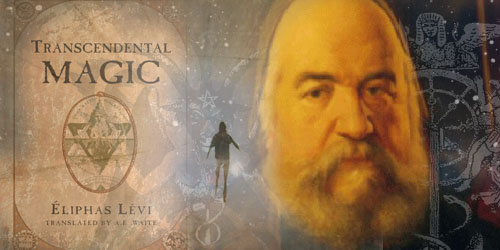It is from Ephesus that spread nearly all the Gnosis which antagonized so fiercely with the Irenaean dogmas; and still it was Ephesus, with her numerous collateral branches of the great college of the Essenes, which proved to be the hot-bed of all the kabalistic speculations brought by the Tanaim from the captivity. “In Ephesus,” says Matter, “the notions of the Jewish-Egyptian school, and the semi-Persian speculations of the kabalists had then recently come to swell the vast conflux of Grecian and Asiatic doctrines, so there is no wonder that teachers should have sprung up there who strove to combine the religion newly preached by the apostle with the ideas there so long established.”
Had not the Christians burdened themselves with the Revelations of a little nation, and accepted the Jehovah of Moses, the Gnostic ideas would never have been termed heresies; once relieved of their dogmatic exaggerations the world would have had a religious system based on pure Platonic philosophy, and surely something would then have been gained.
Now let us see what are the greatest heresies of the Gnostics. We will select Basilides as the standard for our comparisons, for all the founders of other Gnostic sects group round him, like a cluster of stars borrowing light from their sun.
Basilides maintained that he had all his doctrines from the Apostle Matthew, and from Peter through Glaucus, the disciple of the latter. According to Eusebius, he published twenty-four volumes of Interpretations upon the Gospels, all of which were burned, a fact which makes us suppose that they contained more truthful matter than the school of Irenaeus was prepared to deny. He asserted that the unknown,
Page 156
eternal, and uncreated Father having first brought forth Nous, or Mind, the latter emanated from itself — the Logos. The Logos (the Word of John) emanated in its turn Phronesis, or the Intelligences (Divine-human spirits). From Phronesis sprung Sophia, or feminine wisdom, and Dynamis — strength. These were the personified attributes of the Mysterious godhead, the Gnostic quinternion, typifying the five spiritual, but intelligible substances, personal virtues or beings external to the unknown godhead. This is preeminently a kabalistic idea. It is still more Buddhistic. The earliest system of the Buddhistic philosophy — which preceded by far Gautama-Buddha — is based upon the uncreated substance of the “Unknown,” the A’di Buddha. This eternal, infinite Monad possesses, as proper to his own essence, five acts of wisdom. From these it, by five separate acts of Dhyan, emitted five Dhyani Buddhas; these, like A’di Buddha, are quiescent in their system (passive). Neither A’di, nor either of the five Dhyani Buddhas, were ever incarnated, but seven of their emanations became Avatars, i.e., were incarnated on this earth.
Page 57
Describing the Basilidean system, Irenaeus, quoting the Gnostics, declares as follows:
“When the uncreated, unnamed Father saw the corruption of mankind, he sent his first-born Nous, into the world, in the form of Christ, for the redemption of all who believe in him, out of the power of those who fabricated the world (the Demiurgus, and his six sons, the planetary genii). He appeared amongst men as the man, Jesus, and wrought miracles. This Christ did not die in person, but Simon the Cyrenian suffered in his stead, to whom he lent his bodily form; for the Divine Power, the Nous of the Eternal Father, is not corporeal, and cannot die. Whoso, therefore, maintains that Christ has died, is still the bondsman of ignorance; whoso denies the same, he is free, and hath understood the purpose of the Father.”
So far, and taken in its abstract sense, we do not see anything blasphemous in this system. It may be a heresy against the theology of Irenaeus and Tertullian, but there is certainly nothing sacrilegious against the religious idea itself, and it will seem to every impartial thinker far more consistent with divine reverence than the anthropomorphism of actual Christianity.
The Gnostics were called by the orthodox Christians, Docetae, or Illusionists, for believing that Christ did not, nor could, suffer death actually — in physical body. The later Brahmanical books contain, likewise, much that is repugnant to the reverential feeling and idea of the Divinity; and as well as the Gnostics, the Brahmans explain such

Moe is the founder of GnosticWarrior.com. He is a father, husband, author, martial arts black belt, and an expert in Gnosticism, the occult, and esotericism.






